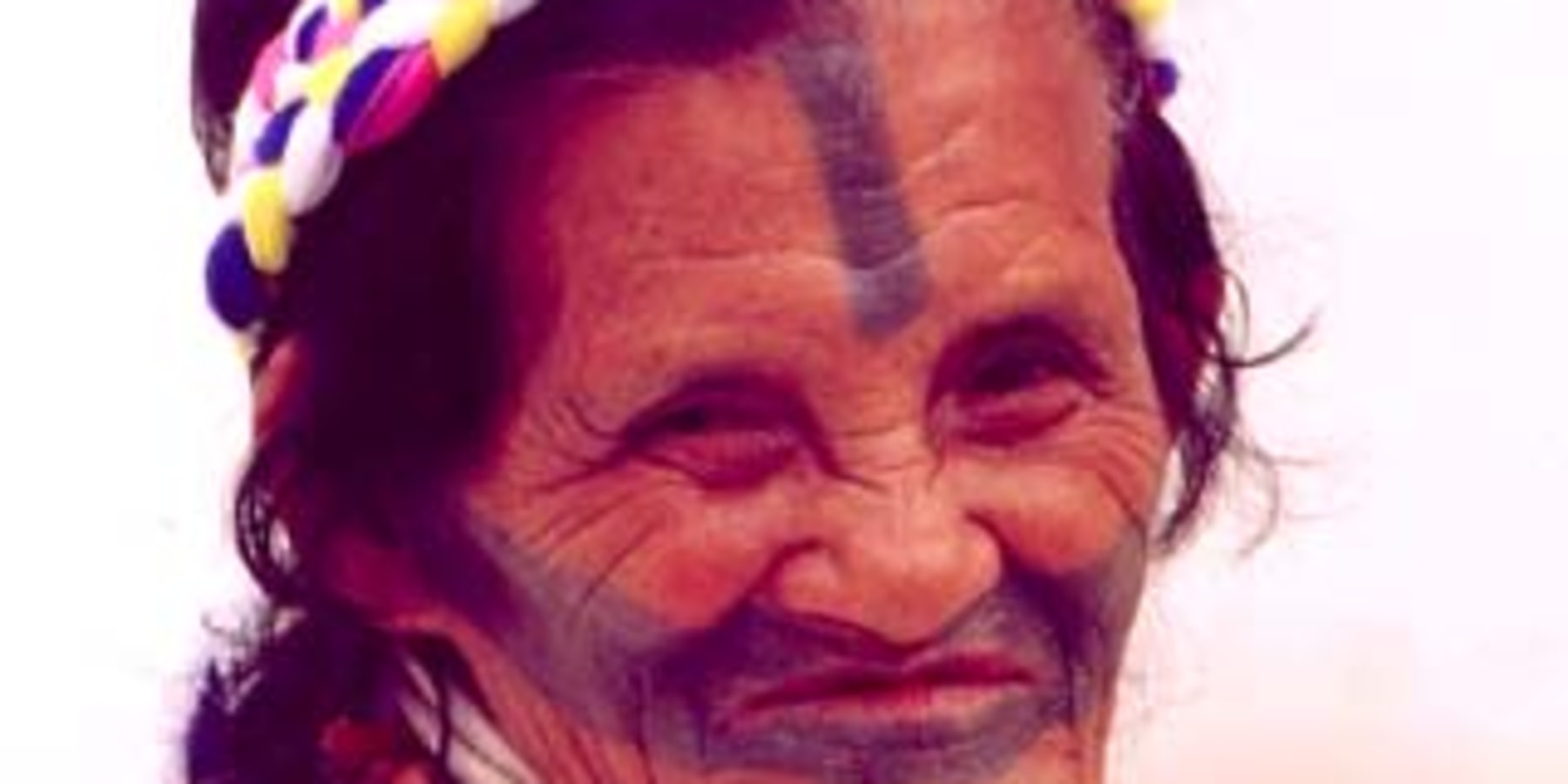
The Taroko(Truku) tribe is one of Taiwan's 16 aboriginal tribes. They then crossed the mountains and settled in the valley of the Liwu River and its tributaries, where the sites of 79 old Taroko villages have already been found. After 250 years of separation from the Atayal, the Taroko (Truku) language has developed differently. The Taroko tribe was officially-approved in 2004 January and became the 12th indigenous tribe in Taiwan.
The tribal people refer to the “Rainbow Bridge” from hakaw (bridge) and utux (spirit). The rainbow is the totem symbol of the tribal spirits. The life values of “crossing the rainbow bridge” are reflected concretely in the Taroko “hunter spirit” and “The land is our blood; the mountain forest is our home.” Hunters protect the land with their own lives; otherwise, they can not cross the Rainbow Bridge after death. In the traditional belief of the Taroko, only those who observe the moral code of Gaya will be eligible to cross the Rainbow Bridge and meet up with the ancestors.
The Taroko people had a fairly advanced culture. They mainly practiced slash-and-burn agriculture, hunting, fishing, and gathering. After Taiwan was recovered from Japan in 1945, the Han people introduced the Taroko to rice farming, but the mountain people preferred millet, corn, sweet potato, and hill rice. When fighting with other tribes, Taroko people used to cut off their enemies' heads, after which the members of the tribe celebrated with reveling and drinking as a means of promoting the solidarity and safety of the tribe. This custom was abolished many years ago, as have the initiation rituals of facial tattooing and tooth-filing.

